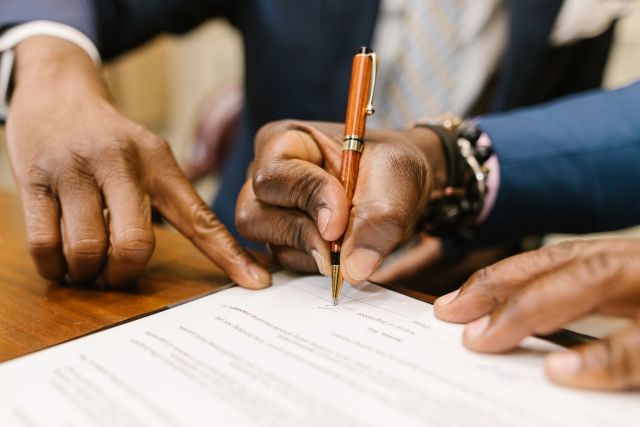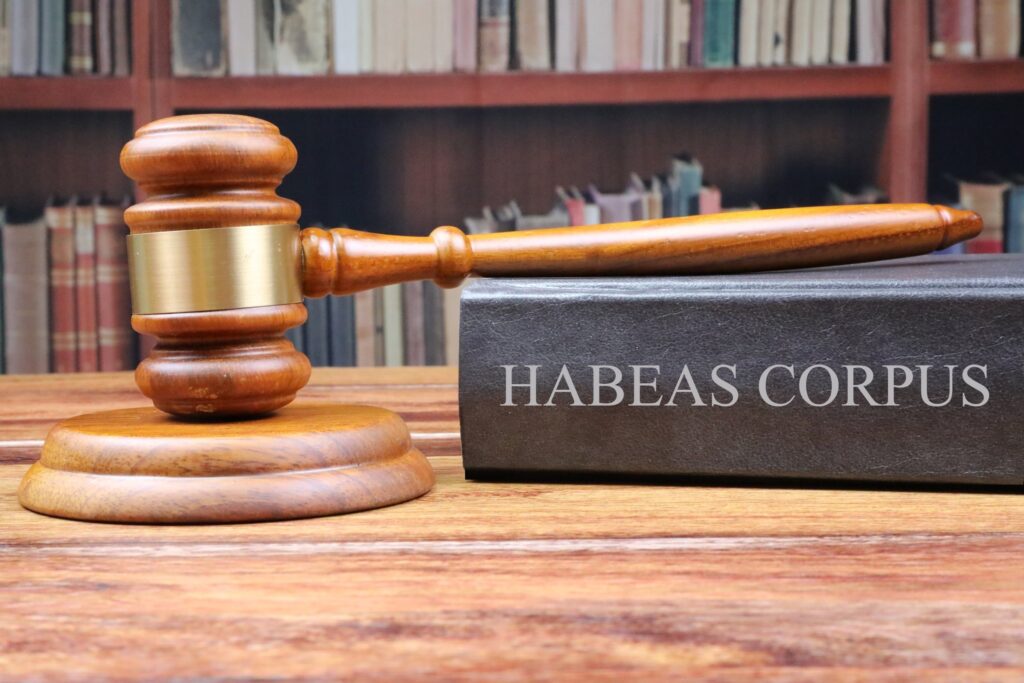Understanding the Duty of a Post-Conviction Legal Representative in Seeking Justice After a Criminal Conviction
In the facility landscape of post-conviction lawful procedures, the function of a post-conviction lawyer is pivotal in browsing the course to justice after a criminal conviction. Beyond the confines of a trial, these lawful experts engage in a multifaceted strategy targeted at discovering new proof, challenging lawful errors, and advocating for their customers' civil liberties. The ins and outs of post-conviction work call for a blend of lawful acumen, investigatory skills, and critical believing to decipher the intricacies of a situation and seek opportunities that may have been forgotten or underexplored. As the quest of justice extends past the confines of first procedures, the duty of a post-conviction attorney emerges as a sign of hope for those looking for to remedy oppressions and reclaim their civil liberties within the legal system.
Post-Conviction Lawyer's Investigatory Job
Post-conviction legal representatives involve in precise investigatory job to discover new proof, procedural mistakes, or misbehavior that could possibly cause overturning a conviction. This investigative stage is important in the post-conviction process as it intends to identify any kind of ignored details or lawful missteps that may have influenced the result of the first trial. Post-conviction lawyers explore situation documents, witness statements, and lawful documents with a fine-tooth comb, looking for any kind of inconsistencies or irregularities that might be grounds for charm.
Via thorough investigation, post-conviction lawyers aim to drop light on possible injustices that might have occurred during the original test. They may carry out meetings, talk to professionals, and review forensic evidence to develop an engaging case for their customers. By inspecting every facet of the lawful procedures, post-conviction attorneys function relentlessly to uncover any type of aspects that may have influenced the decision. Inevitably, their investigative work plays a crucial role in the pursuit of justice and the prospective turnaround of wrongful convictions.
Crafting Appeals and Petitions
In the quest of justice after a conviction, proficient attorneys meticulously craft allures and requests to existing engaging debates for the reconsideration of lawful decisions. Crafting charms and applications requires a deep understanding of the legal system, focus to detail, and tactical reasoning. Post-conviction attorneys examine trial records, recognize prospective errors or infractions of legal rights, and create lawful disagreements to test the conviction or sentence.
When crafting a charm, attorneys concentrate on highlighting lawful mistakes that may have affected the result of the instance. They research instance legislation, statutes, and lawful precedents to support their disagreements. Applications, on the various other hand, might involve providing brand-new proof that was not readily available during the test or showing modifications in the legislation that call for a testimonial of the conviction.
In addition, post-conviction attorneys need to comply with stringent procedural guidelines and deadlines when submitting charms and applications. They have to provide their arguments plainly and persuasively to convince the court to provide relief to their customers. Through meticulous crafting of appeals and applications, post-conviction attorneys strive to protect justice for individuals that have been wrongfully founded guilty or unfairly sentenced.

Seeking Post-Conviction Relief
Post-conviction relief incorporates a variety of legal devices developed to test the credibility of a conviction or sentence. Post-conviction legal representatives play a vital role in browsing these complex treatments, guaranteeing that all lawful choices are discovered to remedy oppressions that may have taken place during the test or sentencing stage.
One typical type of post-conviction alleviation is submitting an application for post-conviction alleviation, generally based on insurance claims of inadequate support of counsel, prosecutorial misbehavior, recently found proof, or constitutional infractions. Experienced post-conviction attorneys have the abilities and understanding needed to recognize imp source sensible lawful cases, perform examinations, and existing compelling disagreements to protect relief for their clients.
Using Forensic Proof
When testing a conviction or sentence, the tactical usage of forensic evidence can be a powerful device in post-conviction lawful procedures. Forensic evidence encompasses a wide variety of clinical techniques used to investigate criminal activities and develop truths in court. Post-conviction attorneys can leverage forensic proof to test the credibility of convictions by presenting brand-new clinical findings that were not readily available throughout the original trial.

Participating In Sentence Alterations
Post-conviction legal representatives might discover the opportunity of sentence alterations as a lawful opportunity to deal with disproportionate or unjust sentences handed down in criminal cases. Sentence modifications entail looking for adjustments to the regards to an accused's sentence after a conviction has taken place. These alterations can consist of minimizing the length of a sentence, altering the sort of penalty imposed, or discovering different sentencing choices.
Post-conviction attorneys can pursue sentence alterations with different legal devices, such as filing motions for sentence decrease, appealing for caring release, or negotiating appeal offers for decreased sentences. They must meticulously examine the situations of the instance, examine the legal premises for seeking a modification, and existing compelling arguments to the court sustaining the need for a modified sentence.
Engaging in sentence alterations needs a comprehensive understanding of criminal regulation, sentencing standards, and the particular treatments associated with seeking post-conviction relief. Post-conviction legal representatives play an essential role in promoting for reasonable and just end results by challenging sentences that are unduly severe or do not align with the concepts of justice.
Final Thought
In conclusion, the function of a post-conviction legal representative is important in looking for justice after a criminal conviction. With investigatory work, crafting charms and petitions, pursuing post-conviction relief, utilizing forensic evidence, and participating in sentence adjustments, these attorneys play a crucial duty in advocating for their customers and making certain that their civil liberties are upheld within the criminal justice system. Their commitment and knowledge are crucial in navigating the complexities of post-conviction procedures and attaining a reasonable outcome for individuals dealing with criminal sentences.
Comments on “Lawyer's Guide to Habeas Corpus: Securing Your Liberty and Rights”